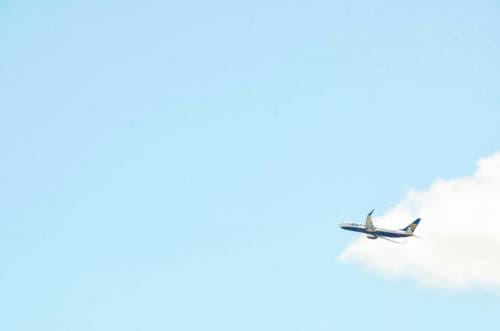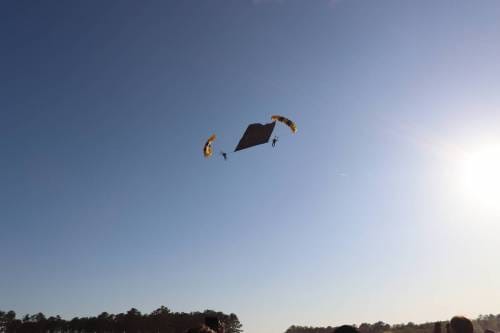Since 1911, when the Monegasque Institute of Oceanography was established by H.S.H. Prince Albert I of Monaco, the Principality has been strengthening its links to the Sea, emphasized by the inauguration of Prince Albert II of Monaco Foundation, in 2006.

The 2nd edition of the Monaco Ocean Week (@MOW2018), under the High Patronage of the Prince Albert II of Monaco Foundation in partnership with the International Agreements ACCOBAMS, Ramoge and Pelagos Sanctuary, pointed out the urgent need to raise awareness on the major dangers affecting the oceans, covering more than 70% of the whole Planet Earth’s surface. Sea water acidification, warming of coastal waters and marine litter with special regard to micro and macro plastics are menacing the survival of many species around the world. The increasing volume of the Garbage Patch, floating between California and Hawaii, (80 thousand tons of plastic waste three time the size of France) illustrates the seriousness of the problem.


It all started in Edinburgh (Scotland), on the 8th and 9th April 2018 where more than 80 main experts on the preservation of the oceans, scientists, public authorities and voluntary associations gathered together to debate on three main issues highlighting the synergies among Marine Protected Areas (MPA), aquaculture, Climate Change and blue economy in northern seas. Then, from the 9th to the 14th April, the Principality of Monaco was the headquarters of symposiums, seminars, award ceremonies, exhibitions, documentary films screenings and public awareness workshops.


The conference on the Sargasses – Cape Verde Key Scientific Mission, as part of the Monaco Explorations Campaign (www.monacoexplorations.org), held at the Musée Océanographique (@OceanoMonaco) on Wednesday the 11th April 2018, offered the opportunity to report on a new era of scientific explorations to better understand and protect our oceans.

What causes the proliferation of the Sargassum, an invasive brown seaweed which annually invade the Caribbean region creating serious health and environmental problems both to biodiversity and coastal populations? This is the core target of an 8-member team of experts from the Mediterranean Institute of Oceanography, led by Thomas Changeux expert in ecology at the Aix-Marseille University. While crossing the Atlantic from Cape Verde to Martinique, last autumn, they were able to look closely some emblematic species and their interactions with those algae thanks to a hi-tech equipment and satellite devices. Meanwhile, an effective eco-educational campaign addressed to future generations was promoted by Jorge Carlos Fonseca, President of Cape Verde (special guest @MOW2018), in strict cooperation with the Prince Albert II of Monaco Foundation.

«Analyzing Climate Change, sea pollution and human impacts on the marine ecosystem is crucial to raise awareness on the importance of the oceans as a vital resource of the Planet Earth», pointed out Professor Peter M. Herzig, Director of the Geomar Centre for Ocean Research.

Finally, should not be underestimated that oceanographic museums together with artists and philanthropists are playing a pivotal role to raise the awareness on the ocean biodiversity, worldwide, as highlighted by Robert Calcagno, CEO of the Oceanographic Institute Foundation Albert I. On this basis, a new mobilization campaign in favour of Marine Protected Areas was launched in the presence of H.S.H. Prince Albert II of Monaco, on Friday the 13th April 2018 at the Musée Océanographique. The Institut Océanographique and the M2PA association, represented by H.E. Bernard Fautrier, Chief Executive Officer of the Prince Albert II of Monaco Foundation, H.E. Xavier Sticker, French Ambassador for the Environment and Roberto Calcagno have signed a Partnership Agreement implementing a sustainable-funding campaign targeted to an entrance ticket revenue to support scientific and communication projects involving twelve aquaria and marine institutions. A cornerstone to increase «green» responsibility, ecotourism and preservation of biodiversity.









